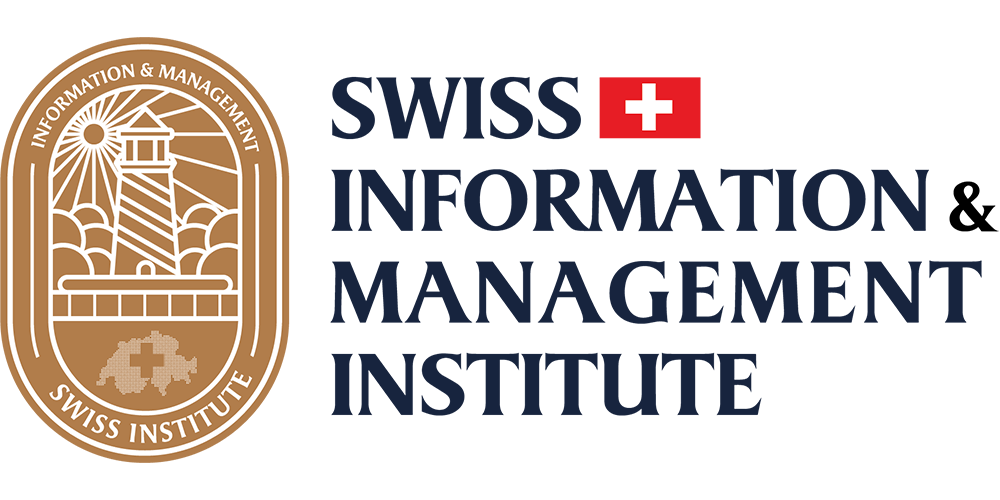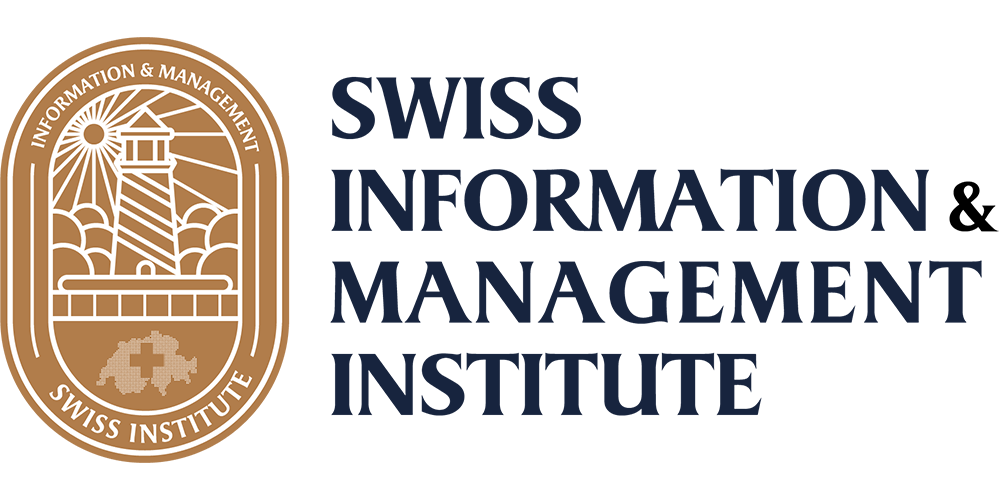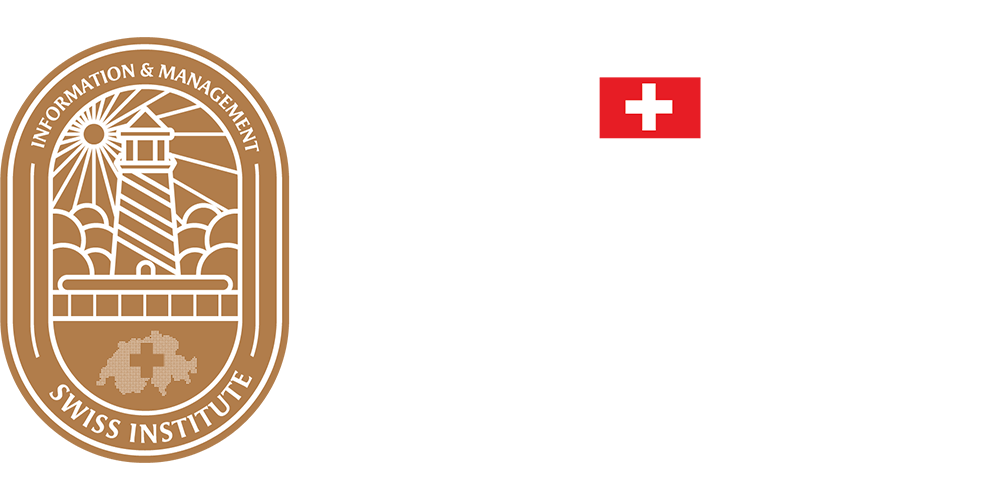Accreditation
FAQs
The Essence of IMI Swiss Academic Programs
The Swiss Information and Management Institute (IMI Swiss) is a recognized and globally acclaimed Private Higher Education Institution, holding accreditation at institutional, school, and program levels.
IMI Swiss is licensed by the Zug Canton authority as a private higher education institute. Being a private institution in Switzerland, IMI Swiss issues private degrees. Not being part of Switzerland's public higher education sector, it operates independently and is not regulated under the Federal Act of 30 September 2011 on the Funding and Coordination of the Higher Education Sector (HEdA), SR 414.11.
What is accreditation?
Accreditation serves as a rigorous quality assurance process, verifying that colleges, universities, and educational institutions, along with their programs, adhere to stringent and recognized service and operational standards. Acquiring an accredited degree is crucial for attaining the career success you rightfully deserve. Through this process, external agencies assess a school's programs, guaranteeing adherence to relevant academic standards. Lack of accreditation makes it difficult for employers to ascertain the legitimacy and reputation of your diploma or degree, emphasizing the importance of this recognition from reputable institutions.
What does institutional-level accreditation at IMI Swiss entail?
Institutional accreditation essentially grants a license to operate, gauging compliance with predetermined standards like staff qualifications, research activities, student intake, and learning resources. It also considers the institution's potential to produce graduates meeting academic and professional competence standards (source: "The Power of Accreditation: Views of Academics" by Professor Lee Harvey, Centre for Research and Evaluation, Sheffield Hallam University, ENQA Workshop Reports, 2004).
With official approval, students at the Swiss Information and Management Institute (IMI Swiss) can trust the institution's compliance with commercial quality and integrity standards. IMI Swiss, recognized globally, holds accreditation at institutional, school, and program levels. Licensed by the Zug Canton authority, IMI Swiss is fully accredited by the Higher Education Accreditation Division and is a member of SVEB Switzerland, with its programs recognized by Ofqual UK Gov Awarding bodies.
What does program-level accreditation mean at IMI Swiss?
Program or programmatic accreditation, also referred to as specialized or professional accreditation, is tailored for specific departments, programs, schools, or colleges within an already accredited university or institute.
At SIMI, we lead in adhering to international higher education standards. As a reputable and globally acclaimed Institute of Higher Education, we've secured accreditation at institutional, school, and program levels. All our academic programs align seamlessly with the European Qualifications Framework (EQF) and National Quality Framework (NQF). This ensures that every SIMI program and qualification receives full accreditation, guaranteeing our graduates open access to employment and lifelong learning.
What does accreditation and mutual recognition entail for IMI Swiss's strategic partners?
IMI Swiss engages in close collaboration with meticulously chosen partner universities globally. The aim is to accredit and mutually recognize degrees offered by these strategic partners. This collaboration proves advantageous for IMI Swiss students, potentially enabling them to attain multiple academic credentials simultaneously.
What advantages do learners gain from the accreditation and mutual recognition of IMI Swiss's strategic partners?
- Attaining Multiple International Credentials
- Flexibility in Choosing Learning Methods and Locations
- Recognition of Prior Learning
- International Acknowledgment of Learning, including the United Kingdom (IMI Swiss programs are fully recognized and endorsed by OTHM and ATHE, accredited by Ofqual), the European Union, Asia, South Africa, and Australia, facilitated through mutual recognition via the National Qualification Framework (NQF).
- Potential to Earn a Diploma or Degree for Each Academic Year, enabling students to secure employment right after completing the first year with IMI Swiss.
What advantages do Employers gain from the accreditation and mutual recognition of strategic partners?
- Assurance that the curriculum encompasses essential skills and knowledge required for contemporary jobs.
- Clear identification of the professional and academic level of candidates/employees.
- Candidates/Employees with practical orientation and exposure to career-based training and assessment.
- Industry-ready candidates/employees demonstrating high levels of productivity and fitness for the intended purpose.


